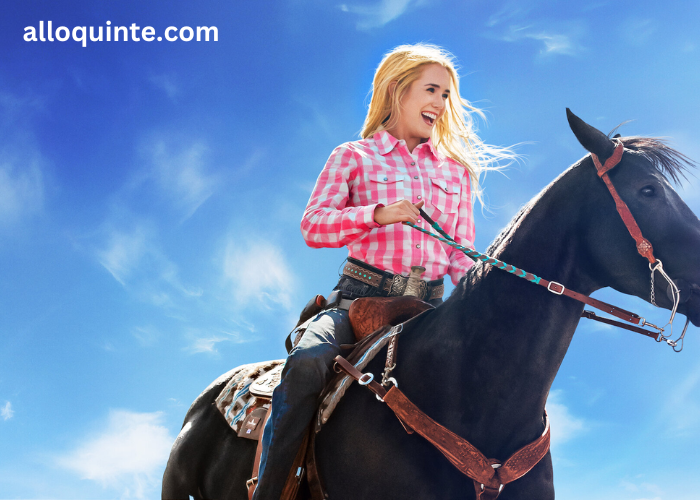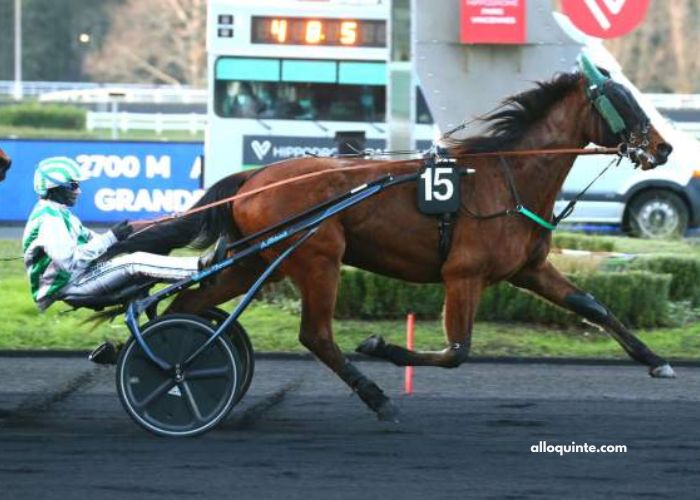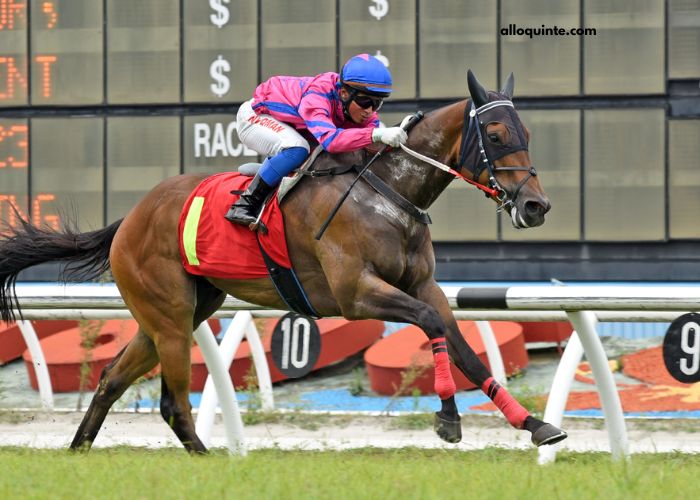For thousands of years, horses have captivated the human imagination and played a vital role in the development of civilizations. From ancient times to modern days, the bond between horses and humans has evolved into a unique and profound relationship. This article explores the deep connection that has flourished between these majestic creatures and mankind, examining its historical roots, cultural significance, and the modern-day interactions that continue to strengthen this extraordinary partnership. Discover the latest trends and insights in the world of casacourse. Stay informed and inspired with our comprehensive online platform.
Historical Roots of the Human-Horse Relationship
The relationship between horses and humans dates back to around 4000-3500 BCE, when horses were first domesticated on the steppes of Central Asia. Initially used for their meat and milk, horses soon became invaluable as beasts of burden and means of transportation. Their speed, strength, and endurance revolutionized human mobility, transforming societies by enabling trade, agriculture, and warfare on an unprecedented scale.
The domestication of horses brought about significant advancements in various cultures. In Mesopotamia, horses were used to pull chariots, which became a symbol of power and prestige. The Scythians, a nomadic people, developed early forms of cavalry, which gave them a strategic advantage in warfare. The Greeks and Romans further refined the use of horses, establishing formal cavalry units and incorporating horse-drawn chariots into their military and public life.
Cultural Significance and Symbolism
Horses have long held a place of honor and reverence in many cultures. In mythology and religion, they often symbolize strength, freedom, and nobility. The Greek god Poseidon, known as the “tamer of horses,” was believed to have created the first horse. In Norse mythology, Odin’s eight-legged horse, Sleipnir, was considered the finest of all steeds, capable of traveling between worlds.
In art and literature, horses have been immortalized as symbols of beauty and power. From the magnificent equestrian statues of Renaissance Europe to the vivid depictions of horses in the works of writers like Anna Sewell and Marguerite Henry, these animals have inspired countless creations. The bond between horses and humans is also celebrated in folk tales and legends across the globe, highlighting the deep admiration and respect for these noble creatures.
Modern-Day Interactions
In contemporary times, the relationship between horses and humans has shifted from utilitarian to recreational and therapeutic. Equestrian sports, such as dressage, show jumping, and horse racing, showcase the remarkable abilities of horses and the skill of their riders. These sports not only entertain but also foster a deep sense of partnership and mutual trust between horse and rider.
Beyond sports, horses play a significant role in therapy and rehabilitation. Equine-assisted therapy has proven effective in helping individuals with physical, emotional, and cognitive challenges. The gentle and non-judgmental nature of horses provides a calming presence, aiding in the treatment of conditions such as autism, PTSD, and depression. Programs like therapeutic riding and hippotherapy harness the unique bond between horses and humans to promote healing and personal growth.
Horses also continue to be an integral part of rural and agricultural life. In many parts of the world, they are still used for farming, herding, and transportation, particularly in regions where modern machinery is inaccessible or impractical. The connection between horses and their handlers in these settings is often characterized by mutual reliance and respect, reflecting a way of life that has persisted for centuries.
Conclusion
The bond between horses and humans is a testament to the enduring connection that can exist between species. From the early days of domestication to the present, this relationship has evolved and deepened, influenced by the changing needs and values of human societies. Whether as partners in work, sport, or healing, horses continue to hold a special place in the hearts of people worldwide.
Their majestic presence and unwavering loyalty remind us of the beauty and strength that come from mutual respect and understanding. As we move forward, it is essential to honor and preserve this unique bond, ensuring that future generations can experience the profound connection that has enriched human life for millennia.




